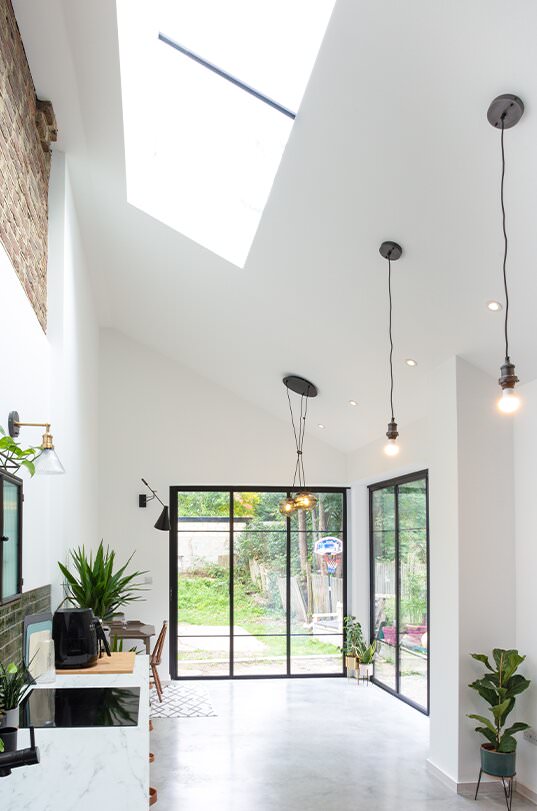How to Deal with Planning Delays and Keep Your Project Moving
March 28, 2025
Planning delays can be one of the most frustrating hurdles in any architectural or property development project. Whether you’re designing a new home, extending an existing property, or working on a larger residential development, waiting for planning permission can disrupt timelines and add unexpected costs. Fortunately, there are several proactive steps you can take to minimise delays and keep your project on track.
1. Get Ahead Before Submission
One of the most effective ways to avoid planning permission delays is to pre-empt potential issues before submitting your application.
Seek Pre-Application Advice:
Engaging with the local planning authority (LPA) early can provide insight into any concerns they might have and help tailor your submission accordingly. This move may seem like it could delay a decision even further by adding in an additional step and layer of review, but reality is, that if done successfully it should only go to make your application more thorough and streamlined prior to hitting the case officer’s desk.
Engage with Stakeholders:
If your project is in a sensitive area, consulting with neighbours, conservation officers, and local interest groups beforehand can help smooth the process and prevent objections that cause delays.
2. Monitor Progress and Follow Up Regularly
Once your application is submitted, keep an eye on its progress.
Know the Planning Decision Deadlines:
Most applications should be determined within 8 weeks (for household/minor applications) or 13 weeks (for major applications). Track these dates to ensure accountability.
Stay in Contact with the Planning Officer:
Regularly check in with the assigned planning officer to discuss the progress of your application and address any concerns they may have.
Engage Your Local Councillor:
If your application is experiencing unnecessary delays, reaching out to a local councillor can sometimes help expedite matters.
3. Be Open to Minor Adjustments
If the planning authority has concerns about specific elements of your proposal, consider making minor modifications to address their feedback. This can often prevent outright rejection and the need for resubmission, saving time in the long run.
4. Consider a Time Extension if Necessary
While it’s not ideal, agreeing to a short time extension with the planning authority may be beneficial if it allows for final adjustments rather than facing an outright refusal or prolonged uncertainty.
5. Use a Planning Performance Agreement (PPA)
For more complex planning applications, entering into a Planning Performance Agreement (PPA) with the LPA can help set clear timelines and expectations for the process. PPAs provide structure and accountability, ensuring both parties remain committed to progress.
6. Appeal for Non-Determination
If your application has exceeded the statutory decision period without a response, you have the right to appeal to the Planning Inspectorate. While this process can take time, it can be a useful option when faced with an unresponsive planning authority.
Now, consider this move carefully though as it can be seen as an aggressive move that may potentially make future applications or conditions more challenging. It may also elongate the timelines even further as appeals can take several months.
7. Apply Political and Public Pressure
If your project has strong local support, public backing can sometimes encourage planning authorities to act more swiftly. Engaging with the community, gathering letters of support, or even leveraging local media can apply pressure where needed.
Final Thoughts
Planning delays are an unfortunate reality for many developers, architects, and homeowners. However, with the right approach, they can be managed effectively. By preparing a strong planning application, maintaining regular communication with the LPA, and exploring strategic options like appeals or stakeholder engagement, you can help ensure your project stays on track.
If you're dealing with planning delays and need expert advice on how to navigate the planning process, get in touch with our team. We’d be happy to help guide you through the complexities of planning applications and approvals.
By implementing these strategies, you can streamline your planning permission process and avoid unnecessary setbacks in your construction or property development project.






